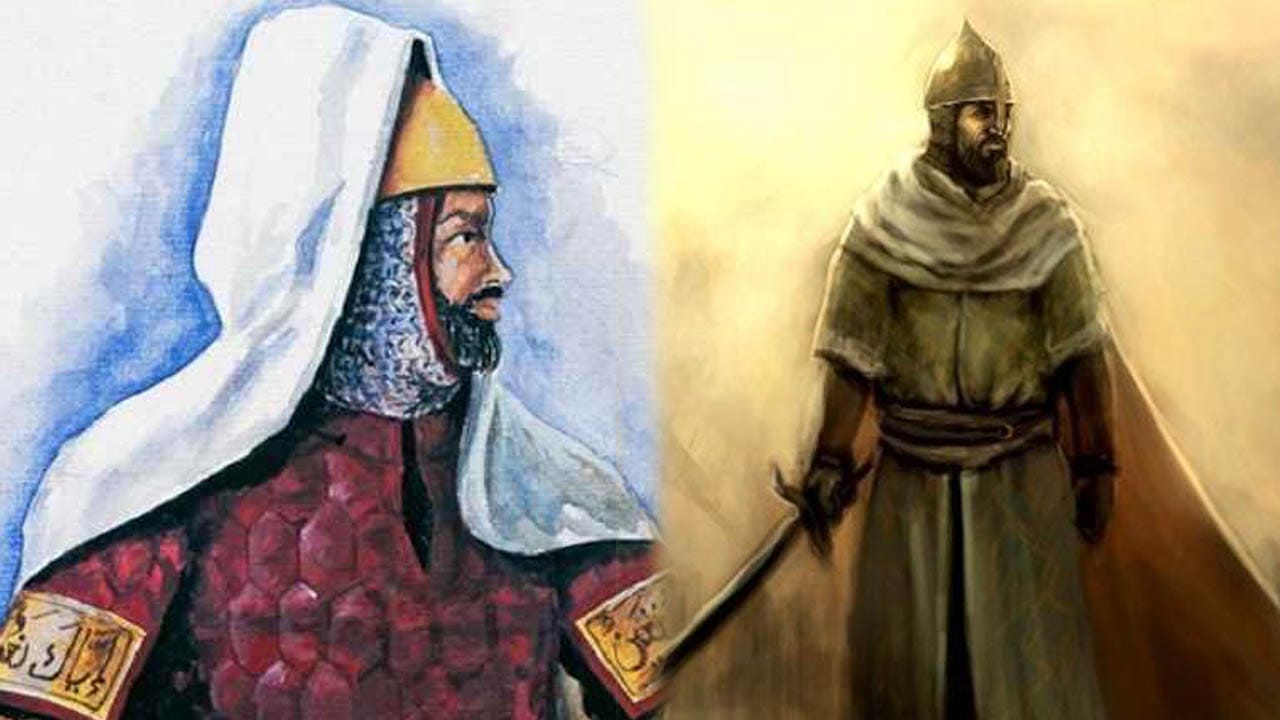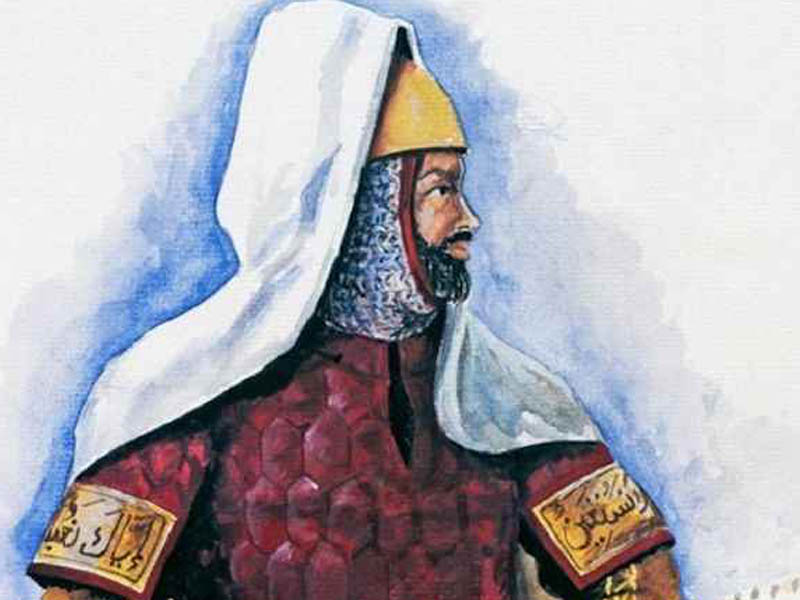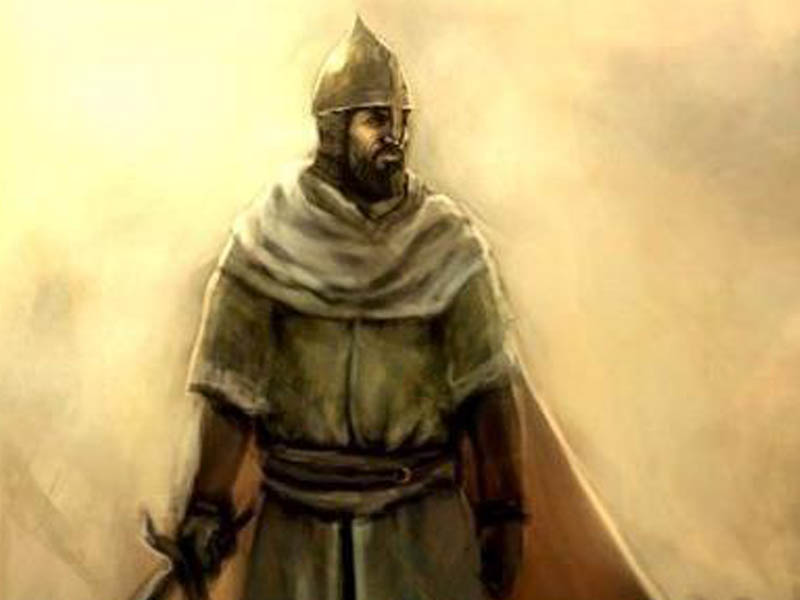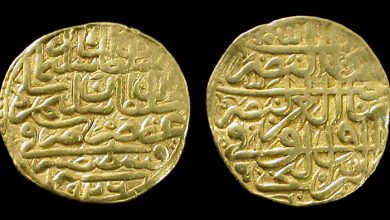Is Saladin Ayyubi a Kurd, where is he originally from?
Saladin Ayyubi, who conquered Jerusalem, is known as a great hero in the Islamic world. So, was Saladin Ayyubi a Kurd, where was he originally from?

Selahaddin Eyyubi, also known as Saladin, is a name honored with profound respect across the Islamic world. His legacy as the leader who reclaimed Jerusalem and altered the course of the Crusades is celebrated with admiration and awe. However, the origins of this influential figure are layered with historical debates and rich legends.
The Ayyubi family’s Kurdish heritage, intertwined with Arab lineage and influence, adds to the intrigue surrounding Saladin’s background. Scholars have long pondered questions about his origins: was Saladin Ayyubi of Kurdish descent, where did his family journey begin, and what shaped their historical path? This complex background of Ayyubi’s life is filled with fascinating mysteries.

IS THE ORIGIN OF THE RAVWADIS KURDISH OR ARAB?
Saladin’s family, originating from the Rawadi branch of the Hezbaniyya Kurds, historically bridged Kurdish and Arab cultures. Some historians suggest a connection to the Yemeni Arab Azd tribe, though this assertion remains debated. The Rawadis, who migrated to Azerbaijan during the Abbasid Caliphate, gradually assimilated into Kurdish culture. This blending of heritage raises an enduring question: was Saladin a Kurd or an Arab?
THE FAMILY AND BIRTH OF SALAHADDIN AYYUBI
Born in Tikrit in 1137 or 1138, Saladin belonged to an influential Kurdish family. His father, Najm al-Din Ayyub, served under the Zengid Dynasty, while his grandfather, Shadi, was a trusted associate of Baghdad’s governor, Bihruz. These close ties enabled the Ayyubid family to ascend politically, transforming them into a powerful dynasty in the Middle East.

After the death of Saladin, his legacy left a deep mark on the Muslim world. This great leader, who passed away on March 4, 1193 in Damascus, retired to his eternal rest in his tomb in the garden of the Umayyad Mosque. After him, his eldest son al-Afḍal ‘Alī became the head of the Ayyubid State. Saladin continues to be remembered not only in the Muslim world but also in the West as a just and merciful leader.
THE CONQUEST OF JERUSALEM: THE BIRTH OF A LEGEND
Saladin’s Legacy and Passing
After his death on March 4, 1193, Saladin’s influence continued to resonate throughout the Muslim world. His tomb, nestled in the garden of the Umayyad Mosque in Damascus, serves as a reminder of his leadership. Saladin’s eldest son, al-Afḍal ‘Alī, succeeded him as head of the Ayyubid State. Known in both the Muslim world and the West as a just and compassionate leader, Saladin’s legacy endures.
The Conquest of Jerusalem: Rise of a Legend
Saladin’s historical fame was cemented by his remarkable recapture of Jerusalem from the Crusaders in 1187. This achievement, won at the Battle of Hattin, ended 88 years of Christian rule and marked the beginning of a new era in the Islamic world. Saladin’s victory not only held military significance but also inspired generations as a symbol of resilience and unity.

A Resilient Leader of the Third Crusade
Saladin’s prominence grew as he led the Muslim resistance against Crusader forces during the Third Crusade. Although he faced defeat at the Battle of Arsuf against English King Richard I, he retained control of Jerusalem through the Treaty of Ramla, displaying remarkable political acumen alongside his military skill.
Reuniting the Islamic World
After being appointed vizier of Egypt’s Fatimid Caliphate in 1169, Saladin abolished the Shiite Fatimid Caliphate, aligning Egypt with the Sunni Abbasid Caliphate in 1171—a crucial step towards Islamic unity. With the establishment of the Ayyubid State, he expanded his rule across Egypt, Syria, Iraq, the Hejaz, and parts of North Africa, forging a vast empire that reshaped the region.
Kaynak: WİKİPEDİA





